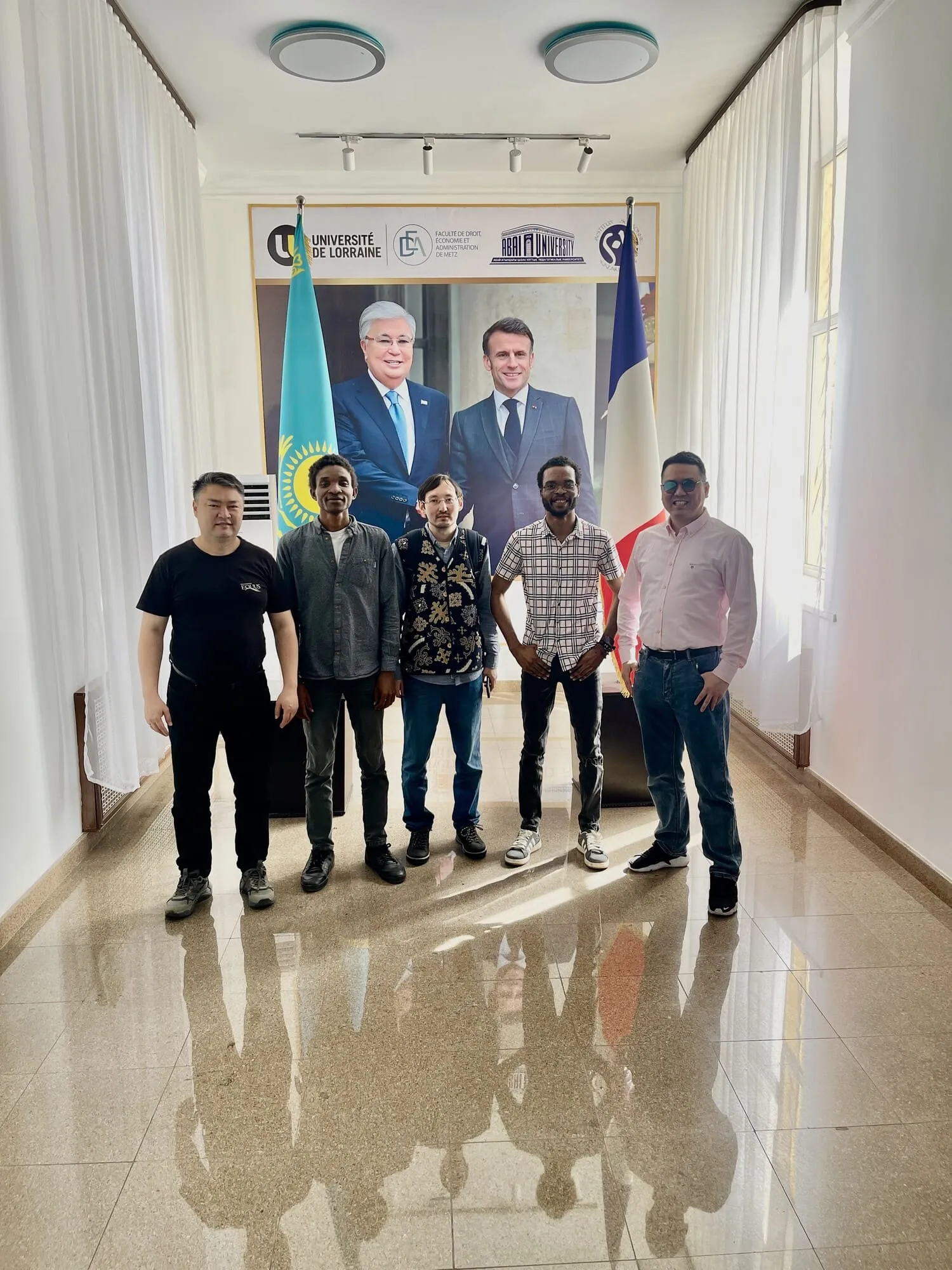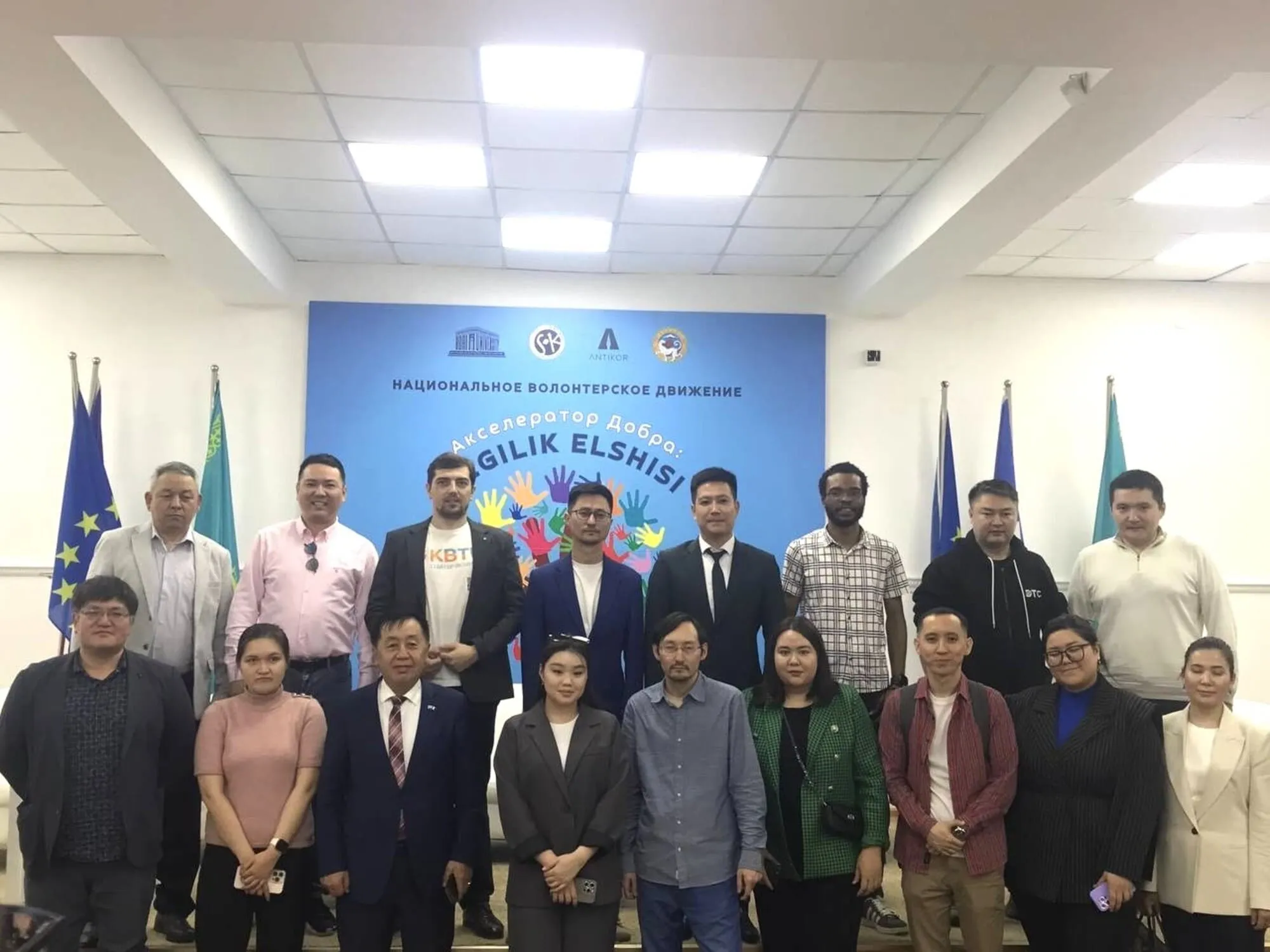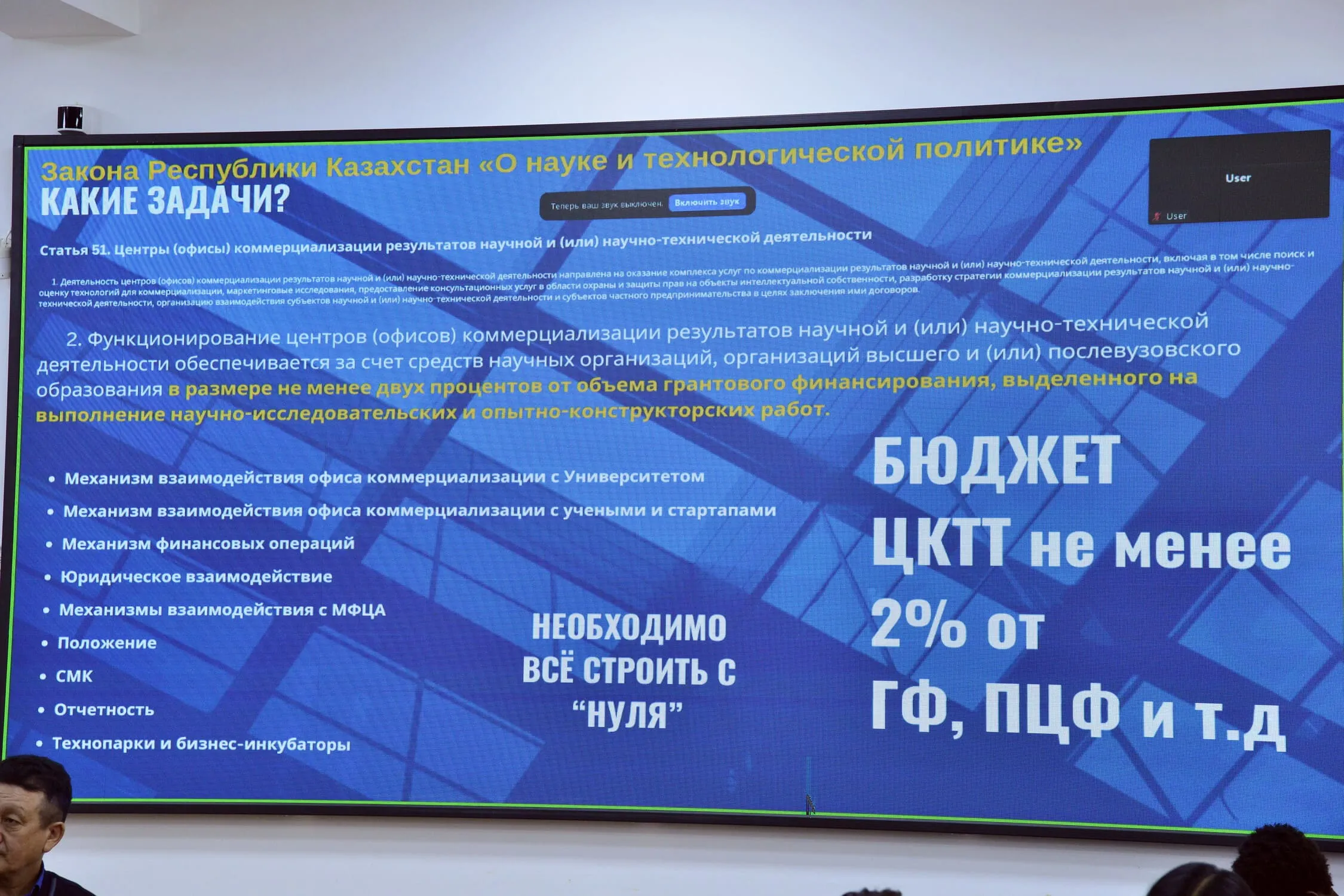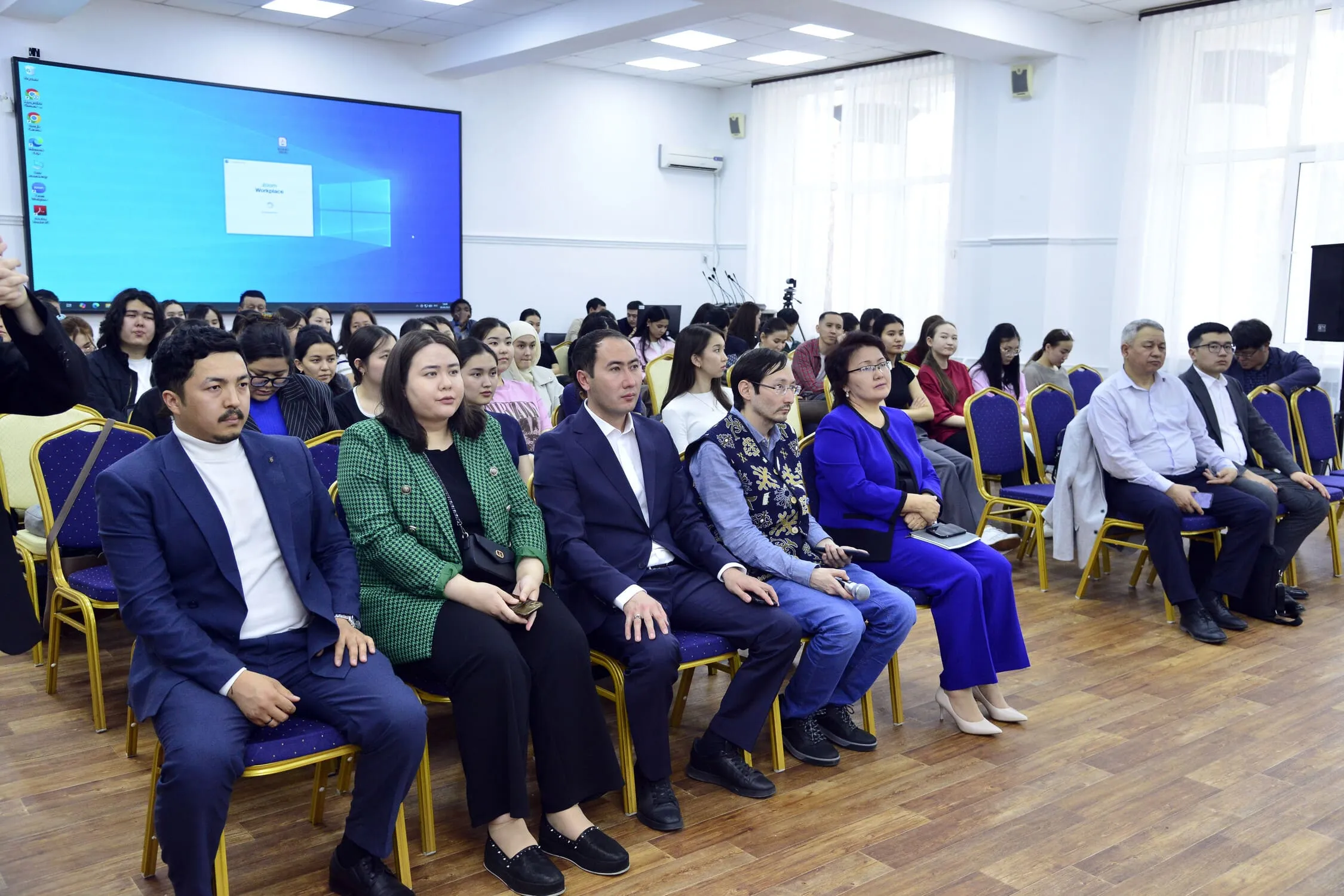Turan University’s Research and Innovation Commercialization Center at Abaı Innovation Fest: A Glimpse into the Future of Science and Technology
08.04.2025 as part of Science Week at Abai Kazakh National Pedagogical University, Abaı Innovation Fest took place — a large-scale event that brought together universities, research centers, startups, and government representatives. One of the key events of the festival was the panel session “Lab2Market: Innovations that Change the World,” where current issues in science commercialization were discussed.
The Research and Innovation Commercialization Center of Turan University shared practical approaches to building an effective innovation ecosystem within universities. It was emphasized that universities are playing an increasingly significant role not only as educational institutions but also as drivers of technological progress and economic growth.
Special attention was paid to the transition of scientific developments from laboratories to the market. It was noted that commercialization is not merely the registration of patents, but a comprehensive process: developing entrepreneurial thinking among researchers, forming interdisciplinary teams, finding business models and partners, working with investors, and supporting the market launch of technologies.
Among the development priorities is the transformation of university infrastructure: the creation of commercialization centers, business incubators, technology parks, and — most importantly — cultivating a culture of collaboration between science, business, and investors. The necessity of adapting international practices was also highlighted, particularly those from universities in China and Israel, where strong integrated models link research, production, and legal support.
The panel also addressed legal aspects of commercialization. Participants agreed that Kazakhstan must improve mechanisms for regulating intellectual property, considering the interests of all parties involved — from researchers to investors. A sustainable innovation environment cannot exist without a system in which technology creators feel motivated, protected, and supported at every stage of their work.
The session concluded with a key message: 21st-century universities are not just repositories of knowledge, but catalysts of socio-economic transformation. The faster universities embrace this new mission, the more successfully they will adapt to current challenges and help shape a future that serves society’s needs.






